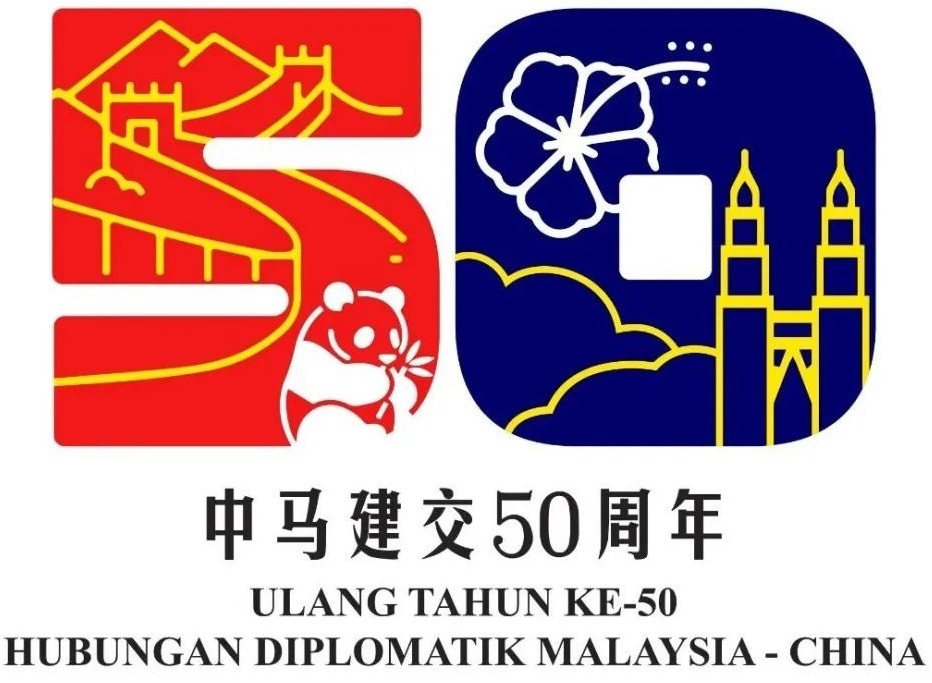SEA Headlines
Global Times - US hypes over ‘military base’ in Southeast Asia aim to turn China into a ‘threat’
SCMP - Malaysia’s Anwar under pressure to ditch airport [privatization] deal with BlackRock entity over Israel arms links
VietnamPlus - Vietnam’s bamboo diplomacy gains Russian scholars’ interest
The Bangkok Post - Q1 GDP grows 1.5% y/y, above forecast
Vastly below the growth of the rest of the ASEAN-5.
Xinhua - China-ASEAN economic, trade prospects remain bright -- experts
VietnamPlus- Vietnam's foreign policy, defence strategy introduced in Venezuela
Random site - China and ASEAN countries are rapidly rising in the global university rankings
The rankings suggest that Asian countries, led by China, will become more dominant in academic research in the next decade, potentially changing the global landscape of higher education and science.
VietNam News - Gov't defines electronic money, Bitcoin not included
The Strait Times - MAS [Monetary Authority of Singapore], China’s central bank plan further collaboration in green finance



 meme
meme
50 years of Malaysia-China relations: headlines
On May 31st, 2024, Malaysia and China will celebrate 50 years of successful relations. The written essay is still WIP so in the meantime I compiled headlines and quotes from across Malaysian and Chinese media highlighting the celebration. Source of logo. They also released a song.
Source of logo. They also released a song.
Xinhua - Interview: "Shared chemistry" helps build Malaysia-China relationship, says Malaysia's party leader
Bernama - Malaysia-China to mark golden jubilee, boost trade, diplomatic relations via MOUs — Zafrul
The Star - Chinese nationals who came, saw and conquered BM [Bahasa Malaysia, “Malaysian” or Malay, the national language]
The Star - 50 years of enduring Malaysia-China friendship
SCMP - The Chinese eunuch who beat admiral Zheng He to Malacca, and the exchanges that followed between its rulers and China
CHINA DAILY - Ambassador: China-Malaysia relations at their peak
Xinhua - Chinese premier meets Malaysia's deputy PM
New Strait Times - Public university branch in China will strengthen Malaysia-China relations, says senator
There are a lot of events and other news articles on this but I'll stop here. The point I am trying to showcase here is that the basis Malaysia-China of relations are much more holistic than just economics. It is about history, culture and civilisation - something that Amerika lacks and will never understand.